What Are Read & Write Speed On Data Storage Devices And How To Measure

I think there's an issue with my storage device, but I'm not sure
Start a free evaluationRead and write speeds on data storage devices are related to the drive's performance. How quickly can you access your files? That is what read speed is all about. How fast can you save new files to the device? That is what write speed is all about.
Top Summary: For storage devices (SSDs, HDDs, USB drives, tapes, etc.), both read and write speeds are important factors in determining overall performance. Therefore, it’s an important matter in storage devices.
What is the read speed on a data storage device?
This refers to how long it takes to open a file from the device. If you are working with large files or trying to open multiple files at once, a high read speed will be essential to avoid any delays or lag time.
What is the write speed on a data storage device?
This measures how long it takes to save a file to the device. Again, if you are working with large files or saving multiple files at once, a high write speed will be essential to avoid any delays.
Why are read and write speeds for storage devices important?
Simply put, the higher the read and write speeds, the better the overall performance of the device will be. If you are working with large files or trying to open/save multiple files at once, a device with high read and write speeds will handle these tasks much more quickly and efficiently.To measure the storage device speed, you’ll see how much Mb (megabits) per second (s) can the drive read or write. For example, if the SSD can read 500 Mb in one second, then its read speed would be 500Mb/s.
How to test the read/write speeds?
There are a few different ways to test read and write speeds for various storage devices. One popular method is to use the Windows Performance Monitor, a built-in tool that can provide detailed information on reading/write speeds for storage devices connected to your computer and the hard disk itself.Another way to test the drive’s speed is using third-party software. One software to perform the HDD, flash drives, or SSD speed test we recommend is the CrystalDiskMark.
SSD versus HDD versus flash drive read/write speeds
SSDs have much higher read/write speeds than HDDs. This is because SSDs do not have any moving parts, which allows them to access data much faster than HDDs. If you are looking for a storage device with high read/write speeds, an SSD is the best option.The read/write speeds of USB flash drives can vary depending on the specific model and manufacturer. However, flash drives have much lower read/write speeds than SSDs or HDDs. This is because the USB interface limits them. If you need a storage device with high read/write speeds, an SSD or HDD is a better option than a flash drive.
TL; DR: The read and write speed on storage devices are one of the most important aspect to look when buying a new hard drive or other storage device. Especially if your goal with your new drive demands it to be fast, such as for professional photographers and video editing, or for gamers. However, if speed is not important for your need, then there are other aspects to consider, such as the drive capacity. For any other use, you can always learn which is the best current hard drive to buy for your purpose.
No matter what type of storage device you are using, it is important to be aware of the read and write speeds. These two factors can have a big impact on overall performance, so make sure you choose a device with high read and write speeds to get the best results.And if you need help with your data storage drive, contact SalvageData 24/7 for secure data recovery service.
Related services
These are the most commonly requested data recovery services. At our headquarters' cleanroom lab, our certified engineers conduct a thorough review of any type of physical storage device, determining if there is logical or physical damage and carefully restoring all of the lost files.ces.
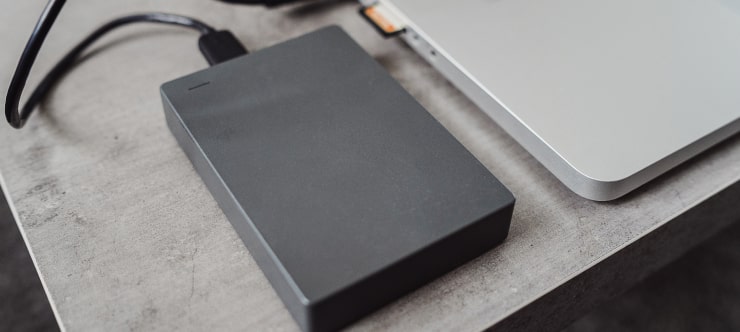
External Drive Data Recovery
We recover data from both external SSD and HDD drives. Rely on certified experts to restore your important files from damaged or corrupted external drives.
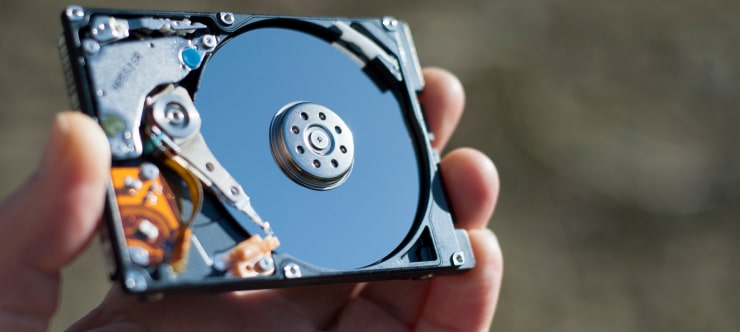
Hard Drive Data Recovery
Recover data from all brands of HDD, PC hard drives, and hybrid disks. Our specialists ensure fast and secure recovery for any data loss scenario.
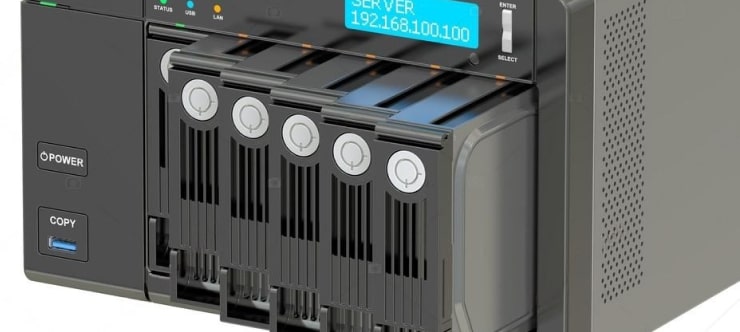
NAS Data Recovery
Recover data from NAS devices, including RAID configurations. Our team handles all types of NAS systems and ensures data recovery with minimal downtime.
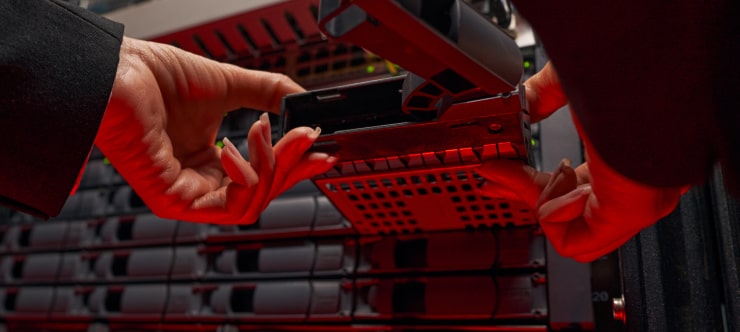
RAID Data Recovery
Our RAID data recovery services cover RAID 0, 1, 5, 10, and other configurations. We offer expert solutions for failed, degraded, or corrupted RAID arrays.
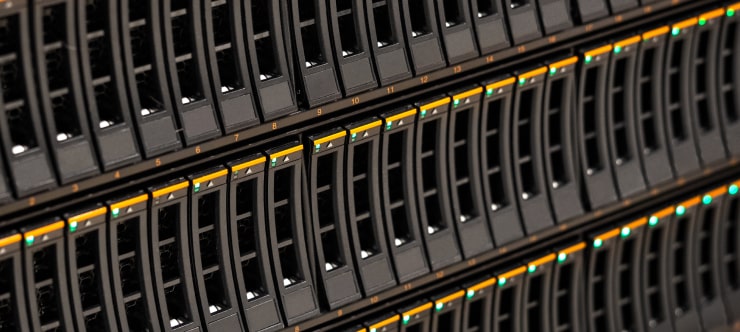
SAN Data Recovery
Our team specializes in handling SAN devices from leading manufacturers like Dell EMC, HP, and IBM, ensuring efficient recovery with minimal disruption to your operations.
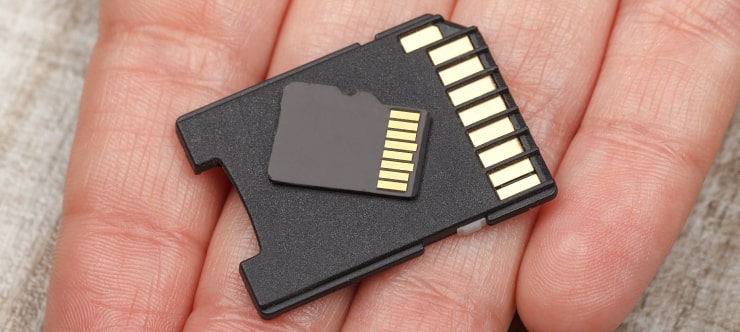
SD Card Data Recovery
Our recovery experts specialize in restoring data from SD and memory cards. We guarantee quick recovery with a no-data, no-charge policy.
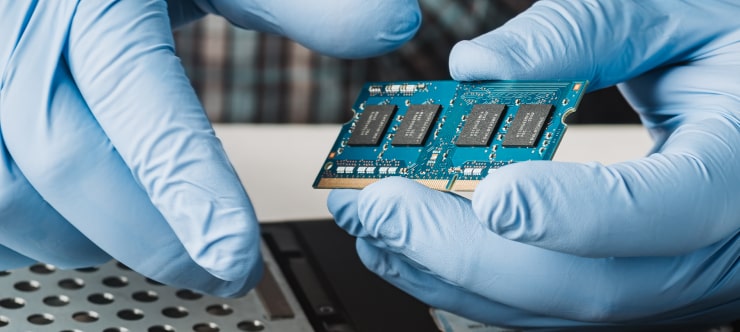
SSD Data Recovery
Our data recovery experts handle all SSD data loss scenarios with advanced tools, ensuring maximum recovery with high-security protocols.

USB Flash Drive Data Recovery
Recover lost data from USB flash drives, regardless of the damage or brand. We offer free in-lab evaluations to assess data recovery needs.
If you’re unsure about which data recovery service to choose, let our team assist you in selecting the appropriate solutions. We understand the anxiety that comes with a sudden drive failure, and we are more prompt in our actions compared to other recovery service providers.



